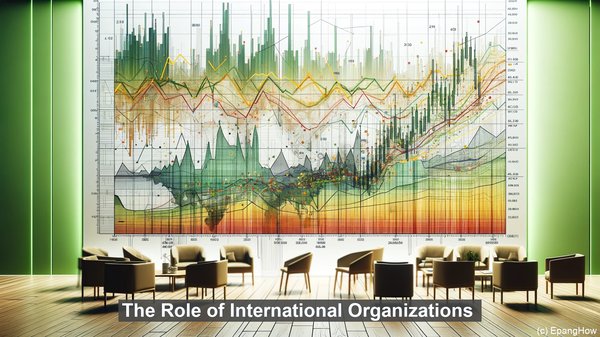Introduction: The World of International Trade
Hello and welcome! In today’s discussion, we’ll be exploring the intricacies of economic sanctions and trade embargoes. As globalization continues to shape our world, these tools of international diplomacy play a significant role in shaping global trade and political dynamics.
Defining Economic Sanctions
Economic sanctions are measures taken by one or more countries to restrict or limit economic relations with another country. They can be imposed for various reasons, such as human rights violations, nuclear proliferation concerns, or support for terrorism. These measures often involve trade restrictions, financial penalties, or the freezing of assets.
Understanding Trade Embargoes
Trade embargoes, on the other hand, are a specific type of economic sanction. They involve a complete halt or prohibition of trade between two or more countries. Unlike economic sanctions, which can be more targeted and nuanced, trade embargoes are comprehensive and aim to isolate a country economically.

Key Differences in Scope and Impact
One of the primary differences between economic sanctions and trade embargoes lies in their scope. Economic sanctions can be tailored to specific sectors or entities, allowing for more nuanced diplomatic maneuvering. Trade embargoes, however, have a broader impact, affecting all aspects of trade and commerce between the involved countries.

The Ripple Effect: Global Implications
Both economic sanctions and trade embargoes have far-reaching consequences beyond the countries directly involved. Global supply chains, financial markets, and regional stability can all be affected. For instance, a trade embargo on a major oil-producing nation can lead to fluctuations in global energy prices, impacting economies worldwide.
The Role of International Organizations
International organizations, such as the United Nations or regional bodies like the European Union, often play a crucial role in implementing and monitoring economic sanctions and trade embargoes. Their involvement ensures a coordinated approach and helps prevent unilateral actions that could escalate tensions.
Evaluating Effectiveness and Alternatives
The effectiveness of economic sanctions and trade embargoes in achieving their intended goals can vary. While they can exert significant pressure on a targeted country, they can also have unintended consequences, such as humanitarian crises or the rise of black markets. As a result, diplomatic negotiations and dialogue are often explored as alternatives.
